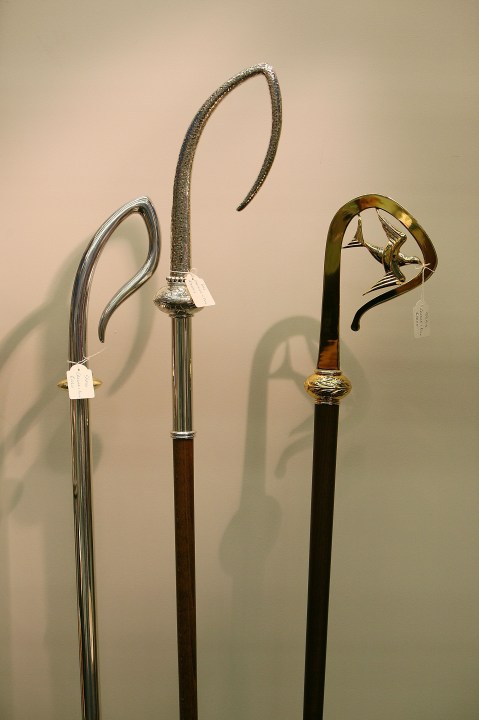 Theo Hobson reports from the Lambeth conference. Do take the time to read Theo’s magazine piece from a few weeks ago, on a Church of England “damaged beyond repair” – Pete Hoskin
Theo Hobson reports from the Lambeth conference. Do take the time to read Theo’s magazine piece from a few weeks ago, on a Church of England “damaged beyond repair” – Pete Hoskin
The first press conference is taken by the Archbishop of Brisbane, Philip Aspinall. It’s a bit like the press conferences in The West Wing: authority is wearing a friendly, jokey face, but with the expectation of having to fend off awkward questions any minute. Like C.J., Aspinall is conspicuously calm about the negativity-hunger of the hacks. The subtext is something like this: ‘We are completely ready for the cynicism that you the media are bringing – and we forgive you. Watch us overcome it with faith, hope and charity.’
The University of Kent campus must be the world capital of defiant positivity right now. It’s a bit wearying. It’s like the convention of a cult, but all the cult-members are doing flawless impressions of sanity.
I pass a huge room, full of hundreds of mostly black or brown people sat round tables. It’s the spouses’ conference. Someone is briefing them on the rest of the day’s programme. ‘At 3.30, it’s Making Cards and Bookmarks; at 4, Dealing with Trauma.’ 6 out of the 550 spouses are men. They might need Dealing with Trauma by now. At a press conference a lady from the spouses’ conference invites us to seek interviews with the wives. We all look away awkwardly, waiting for the next chance to ask about some new aspect of the gay issue.
I catch a couple of glimpses of Gene Robinson, bustling around smiling, the conference’s naughty fairy.
Archbishop Williams is on good form. His approach to being questioned by the press is disarming frankness. When he takes in a question he tightens his lips in a near-smile, emits a slight nasal snort, and flicks up his eyebrows, as if to say, ‘Ah yes, that question!’ He hints with a phrase or gesture at the essay that he could write in response. To one question he says, ‘I could answer that with a lengthy disquisition on Armenian Christology.’ Well yes, who couldn’t?
What about his vision for the Anglican Communion? Perhaps the best way of explaining to Spectator readers what Williams wants is this. He wants a two-speed Communion. It is a good thing that the core members are seeking ever-closer union, and it is also a good thing that other members want to dissent from the core orthodoxy, yet retain membership. For these fringe members might have insights that ought in time to migrate to the centre. Maybe, if things don’t work out in the present job, Williams is the subtle visionary our continent needs.








Comments